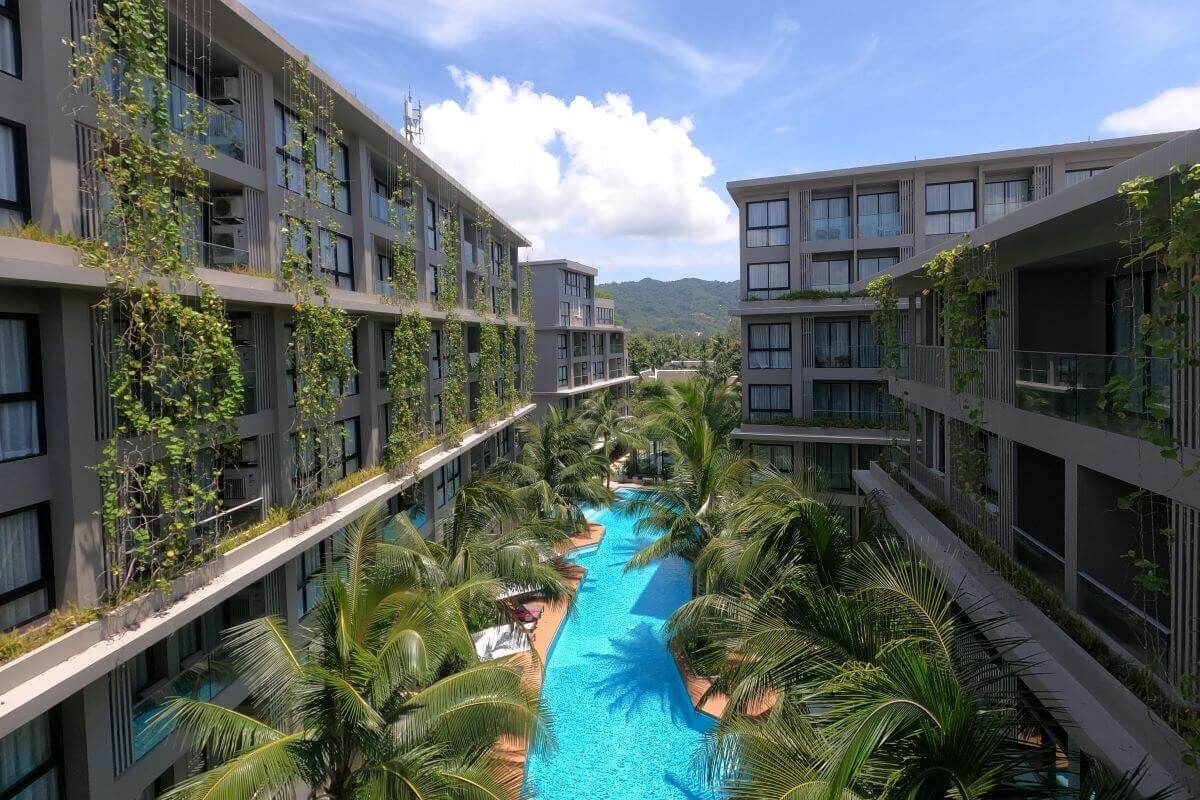2000 baht for a single entry visa and 5000 baht for a visa without restrictions on entry and exit from the country.
An annual visa is placed in a passport, which expires no earlier than in a year and a half.
All dependent family members will be able to obtain annual Non-O visas. But they must also have:
- non-immigrant visas in passports, such as study visas;
- documents confirming marital status.
How to get an initial Non-visa class “B”?
You can apply for it at the Thai embassy in another country. This is easiest to do if you have a registered Thai company. This can also be done by business invitation or with a letter from the Board of Investments (BOI).
What is considered an investment in Thailand?
- Fixed deposit in a Thai bank with at least 50% Thai shareholders. If you want to renew your visa year after year, it should be at least 10 million baht year after year.
- Purchase of government bonds. They are issued in limited quantities and the purchase size is regulated, so it is difficult to invest 10 million in one bond.
- Purchase of a condominium for this amount (the cost must be confirmed by the land department).
- Lease of real estate for at least 3 years.
- Several options from the above for a total of over 10 million baht. For example, 7 million baht condo, 2 million baht fixed deposit and 1 million baht bonds.
The investment visa is given for a year, but it can be extended for the same period as long as you remain the owner of real estate in Thailand with a total value of 10 million baht. Every 90 days you must submit a notice of stay to the immigration office. You can do this online, through the website of the immigration bureau.
The visa does not provide a work permit; it must be obtained additionally.
What this visa gives is the right to apply for Permanent Residence and obtain a Thai residence permit. To do this, you need three years of permanent residence in Thailand on an investment visa with its continuous extension.
It is not easy to obtain a residence permit. There are quotas for issuing them to foreigners, and it is difficult to get into them. In addition, you need:
- have an excellent knowledge of the Thai language, pass an exam on knowledge of language, history and culture;
- undergo a medical examination and receive a health certificate,
- be prepared to pay 191,400 baht if a residence permit is issued.
Why get a residence permit at all?
After receiving a Thai residence permit, you will receive the following bonuses:
- There is no need to constantly worry about your visa status.
- After five years of residence permit, you can apply for citizenship.
- Family members can also obtain a residence permit.
- You can purchase real estate without transferring finances from abroad.
There are a number of other benefits that a residence permit provides. With it, you still need to obtain a work permit.
To summarize, an investment visa has a number of advantages:
- Low visa costs.
- Requires three times less investment than an LTR visa and does not need to show a high monthly income.
- Investments are returnable.
- After three years, you can apply for a residence permit.








